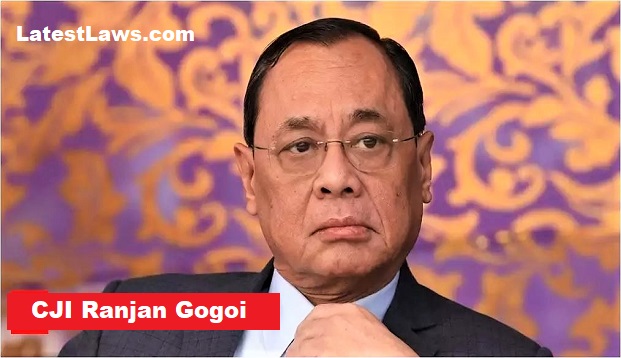November 2, 2018:
The decision of a Bench headed by Chief Justice of India Ranjan Gogoi to put off even the exercise of fixing a date for the final hearing is quite pragmatic.
By declining to fix until January 2019 a date for hearing the Ayodhya case, the Supreme Court has judiciously diminished the possibility of a final verdict before the next Lok Sabha Election.
The adjournment is both welcome & necessary, as it pushes back the prospect of any judgment in the run-up to the polls.
It hardly needs reiteration that regardless of which way it goes, any verdict would polarise the nation.
When a three-judge Bench refused to refer some questions of law in the Ram Janmabhoomi-Babri Masjid dispute to a seven-member Bench last month, it raised the prospects of an early final hearing in the appeals filed against the Allahabad High Court’s judgment of 2010 in the main title suit.
The Apex Court had then set October 29, 2018, for the next hearing. This had raised the hopes of aggressive proponents of Hindutva who have been expecting a favourable verdict for the construction of a Ram temple in Ayodhya.
While it is true that courts should not tailor their timelines to election dates, it is equally important that religious sentiments are not stoked & exploited during election season.
The decision of a SC Bench headed by Chief Justice of India Ranjan Gogoi to put off even the exercise of fixing a date for the final hearing is quite pragmatic.
In the eyes of the law, this may be just a title dispute. However, given the divisive effect the Ram temple movement has had on the country’s politics & history, it would be unwise to equate this with any other judicial matter that can come up for disposal in due course.
A word of caution is in order. The postponement of the hearing does not preclude an aggressive campaign by those upset & impatient about what they see as a delay in achieving their objective of building a temple at the disputed site.
Already there are voices clamouring, most imprudently, for an ordinance to enable the construction of a temple.
These must be resisted, & the judiciary must be vigilant & resourceful in ensuring that the dispute remains within its jurisdiction.
A solution, unless judicially driven, is unlikely to command constitutional legitimacy.
Twenty four years ago the Supreme Court had resolutely refused to answer a controversial Presidential reference on whether a temple pre-existed the demolished masjid.
It had restored the title suit & made it clear that the government is only a receiver of the land it had acquired in Ayodhya; & that it holds the land in trust, only to be handed over to the party that succeeds in the suit.
This recourse to a judicial remedy should not be circumvented. Prime Minister Narendra Modi, in his Independence Day address in 2014, had called for a 10-year moratorium on communal & sectarian issues.
As long as he sticks to the spirit behind this appeal, it will not be legitimate for anyone to demand a pre-emptive law in favour of a Temple.
Source Link
Picture Source :

























